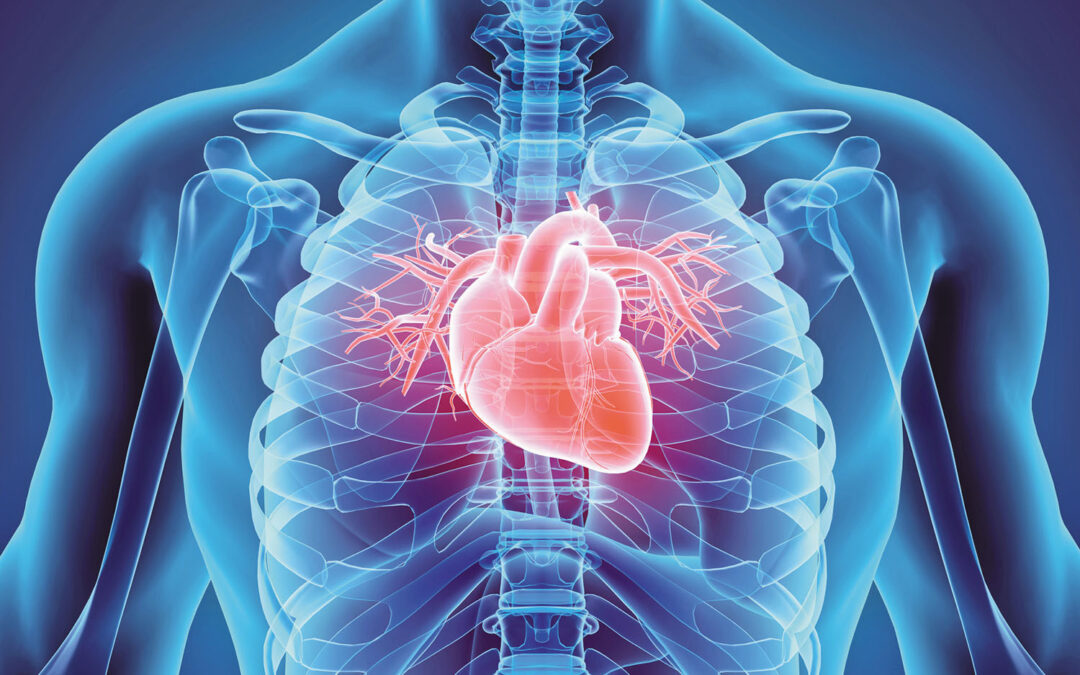Inflammation is the more significant cause of heart disease, not cholesterol.
But what is inflammation? Inflammation is a body’s natural response to protect itself against harm. However, when inflammation is present for long periods, it can have adverse effects on the body.
Let’s talk about plaque: In the arteries, plaque is a fatty, waxy substance that forms deposits in the artery wall; when a plaque ruptures it can lead to a heart attack and death.
One hundred fifty years ago, Rudolf Virchow, a significant figure in the history of medicine, described the arteries of people who died from heart attacks. He concluded that “these arteries are not only full of plaque but inflammation.”
We knew this before, then what happened? We went down the wrong path; we became focused on cholesterol, we made assumptions related to plaque and LDL (Low-Density Lipoprotein) Cholesterol.
Now, what about cholesterol? Cholesterol is essential for the body to work; however, a specific type of cholesterol, LDL, has been associated with heart disease for years.
Dr. Paul Ridker from Harvard University identified in a significant research paper that If you have elevated LDL in your blood or LDL at a normal level, it doesn’t seem to make a difference. The people with heart attacks seem to have the same LDL levels and concluded that maybe it is not LDL but inflammation.
Researchers found similar results in other studies, like the Jupiter study (which is an acronym for the name of the survey). They concluded that inflammation was critical for heart disease, which Virchow had brought up 130 years prior.
Now, if inflammation is such a big issue, how can we detect it? There are multiple biological markers, meaning substances within the body that get produced as a direct effect of inflammation.
There is C-reactive protein, Lp-PLA2, and MPO (Myeloperoxidase), to name a few; when we find these substances elevated in the body, we can identify that there is an inflammatory state within the body and especially the arteries of the heart.
It is essential to understand that preventing inflammation is the most effective way to save yourself from a heart attack; it is vital to exercise the right way, have a healthy diet and take adequate medication if you suffer from chronic conditions.
If you found this article helpful and want to start taking steps toward reversing your chronic disease, Dr. Brewer and the PrevMed staff are ready to serve you no matter where you’re located.
To find out more, schedule a consult here: prevmedhealth.com
References:
- https://www.health.harvard.edu/heart-disease/ask-the-doctor-what-is-inflammation
- http://www.thecantos.org/cantos-summary.html Canakinumad Anti-inflammatory Thrombosis Outcomes Study- Paul Ridker Chairman
- https://www.thelancet.com/journals/lancet/article/PIIS0140-6736(97)80057-8/fulltext VOLUME 349, ISSUE 9049, P432-433, FEBRUARY 08, 1997WOSCOPS https://doi.org/10.1016/S0140-6736(97)80057-8 Published: February 08, 1997
- https://prevmedhealth.com/15-rules-to-prevent-heart-attack-and-stroke-risk/
- https://prevmedhealth.com/cardiovascular-inflammation-and-plaque-formation/
- https://prevmedhealth.com/reducing-arterial-plaque-is-it-possible/
- https://prevmedhealth.com/4-surprising-facts-no-one-tells-you-about-inflammation/
- https://prevmedhealth.com/reverse-arterial-plaque-autophagy-inflammation-hdl/
- https://prevmedhealth.com/how-to-test-for-cardiovascular-inflammation/
